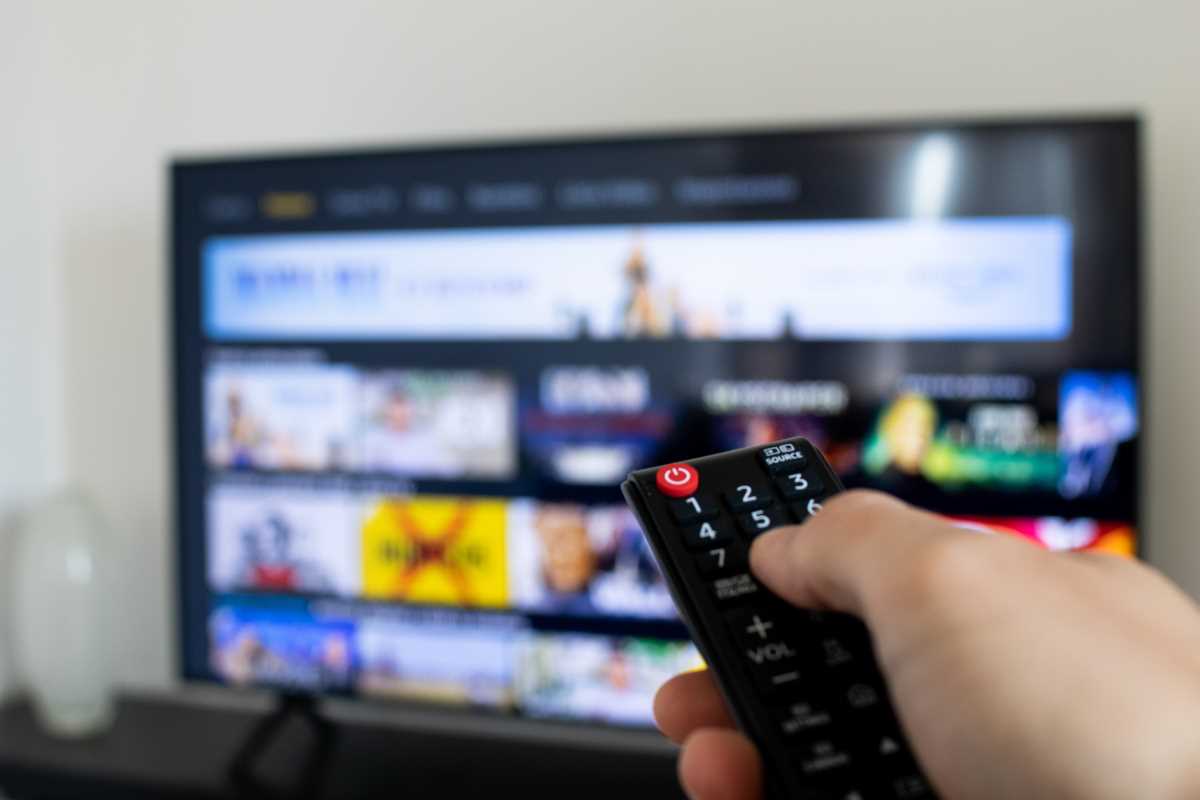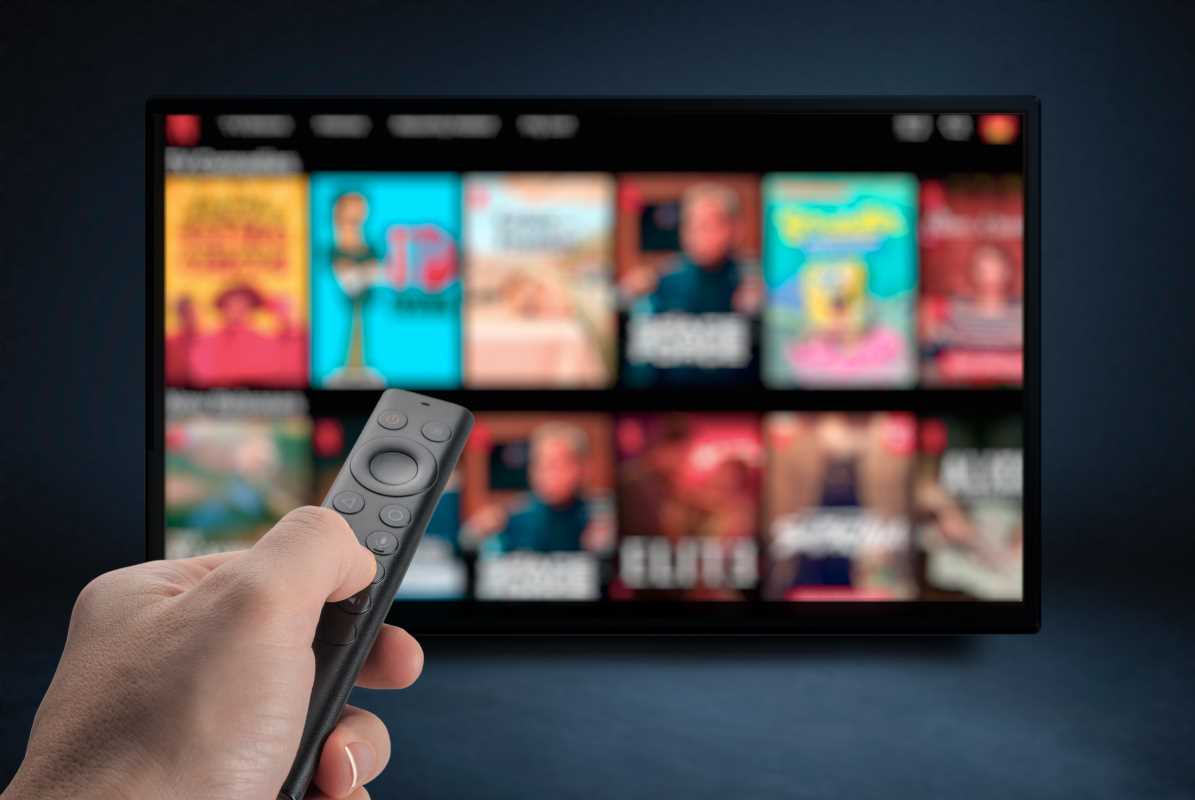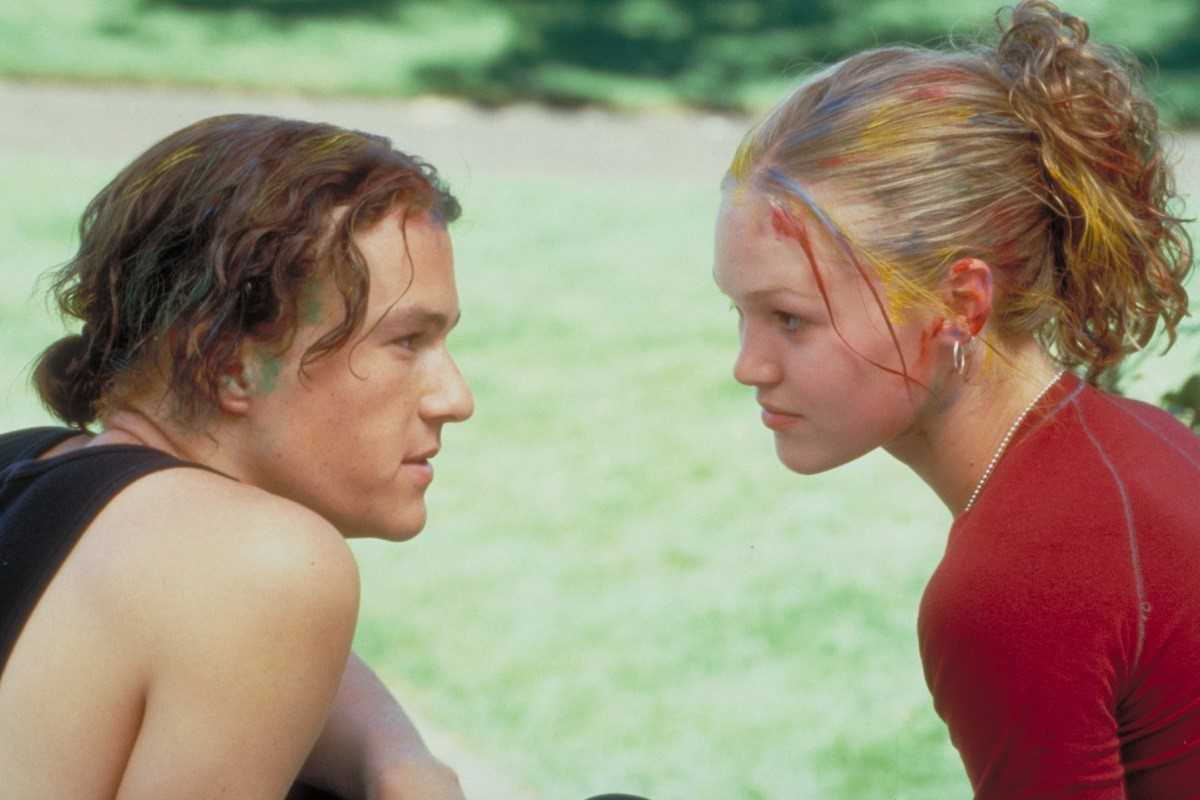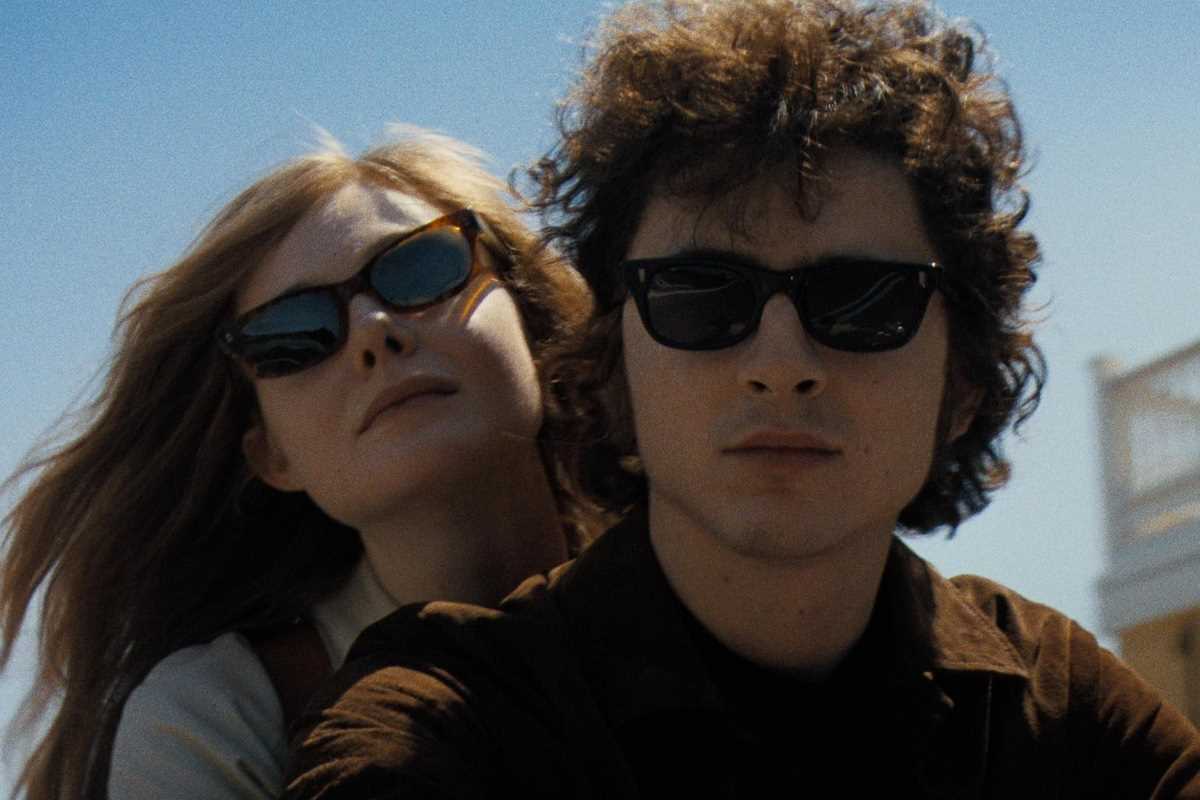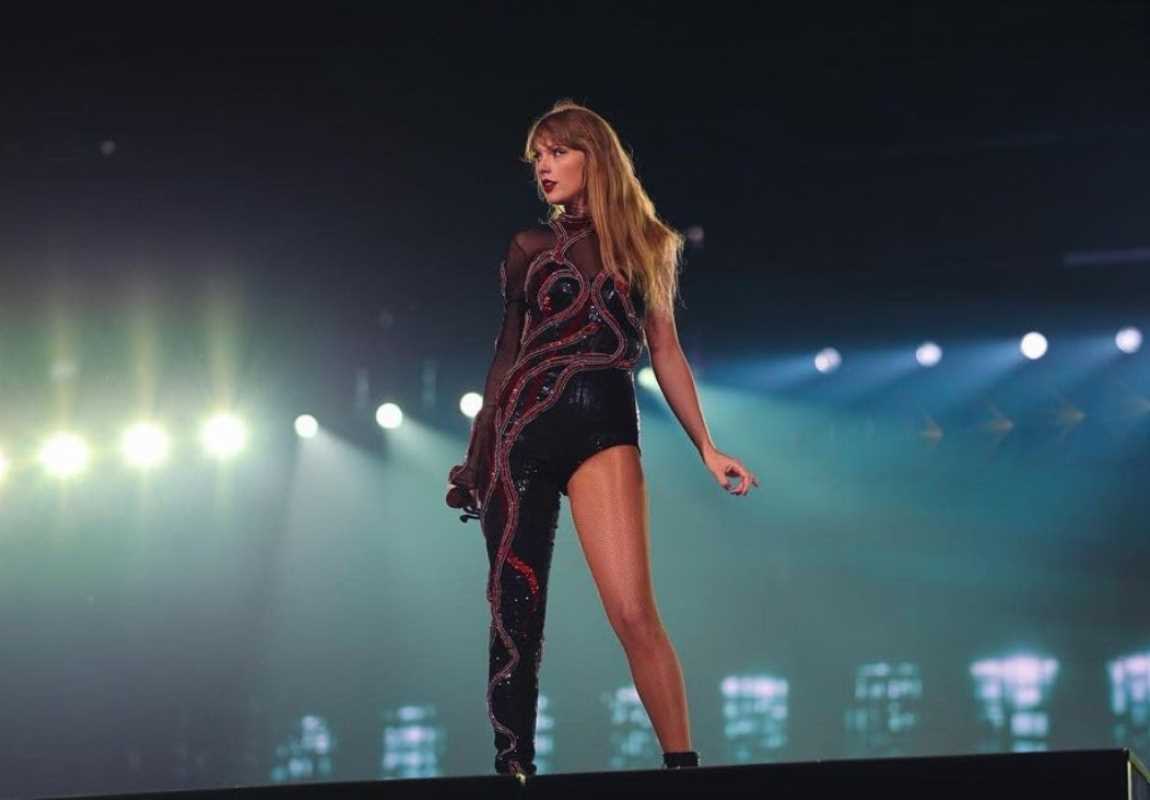Celebrities have always been in the spotlight, capturing the world’s attention with their talent, fashion, and lifestyles. But for many, fame isn’t just about the red carpets and awards shows—it's a platform to stand up for causes they believe in. Over the years, celebrity activism has become a powerful force in shaping social and political movements. Whether they’re rallying for climate change action or advocating for gender equality, stars use their influence to spark conversations and inspire change. But how does their involvement shape these movements, and is it always a good thing?
How Celebrities Influence Public Opinion
Celebrities have millions—sometimes billions—of fans who follow them on social media, watch their interviews, and buy their products. This gives them an incredible reach, allowing them to bring attention to issues that might otherwise go unnoticed. For example, Leonardo DiCaprio, one of Hollywood’s biggest actors, is just as famous for his environmental activism as he is for his movies. He regularly speaks out about climate change, funds conservation projects, and even hosted a documentary called Before the Flood to educate people about the planet's challenges.
DiCaprio’s influence has brought a global audience to climate issues, getting more people involved in conversations about sustainability. When he posts on Instagram about protecting rainforests or switching to renewable energy, millions of people see it—and some are inspired to take action themselves. This kind of visibility is something most everyday activists could never achieve without a massive platform.
Emma Watson is another example of a celebrity using her influence for good. The former Harry Potter star became a UN Women Goodwill Ambassador and launched the HeForShe campaign, which encourages men to support gender equality. Her speeches and advocacy efforts have helped make the fight for equal rights more mainstream, showing people around the world that feminism is about unity, not division.
When someone as globally known as Watson supports a cause, it adds credibility—and often, younger audiences feel empowered to join movements they might have previously ignored.
The Positives of Celebrity Activism
There’s no denying that celebrities can have a huge impact on social and political movements. Some of the positive effects of their activism include the following:
1. Raising Awareness
- Celebrities act like a spotlight, drawing attention to causes that may not get much media coverage otherwise. When Ashton Kutcher testified before Congress about human trafficking or when Lizzo used her platform to support body positivity, they opened important conversations in spaces that might not have engaged with these issues before.
2. Mobilizing Support
- Stars can rally their massive fan bases to support campaigns, sign petitions, or donate money to important causes. During the COVID-19 pandemic, singer Rihanna launched relief efforts through her Clara Lionel Foundation, providing millions of dollars for testing, medical equipment, and mental health support. Her fans and fellow celebrities followed suit, helping fund a global fight against the virus.
3. Bridging Generational Gaps
- Some social and political issues struggle to resonate with younger or older generations. Celebrities can help bridge that gap. For instance, when Taylor Swift took to Instagram to encourage her fans to register to vote in the 2018 U.S. midterm elections, voter registrations skyrocketed. Suddenly, young people who might not have cared about politics felt inspired to get involved.
4. Bringing a Human Face to Issues
- When a relatable figure like Selena Gomez talks openly about her struggles with mental health, it normalizes these conversations and creates a safe space for others to discuss similar issues. Celebrities are able to connect with people emotionally, helping make abstract issues more personal and encouraging empathy.
The Criticisms of Celebrity Activism
While celebrity activism certainly has its benefits, it’s not without its critics. Some argue that having a big platform doesn’t necessarily mean that a person should speak on complex issues. Here are some of the concerns people raise about celebrity involvement in activism:
1. Lack of Expertise
- Not all celebrities are experts in the fields they advocate for. Critics sometimes claim they oversimplify nuanced issues or give advice that’s not entirely accurate. For example, when some stars pushed pseudoscientific “wellness trends” as part of health movements, it left people questioning the need for better fact-checking.
2. Performative Activism
- Another common critique is that some celebrities engage in activism for the sake of publicity rather than authentic concern. Posting about a cause on social media is easy, but critics look at whether a star is actually contributing time, energy, and resources to a movement—or just sharing a trendy hashtag to boost their image.
- For example, during the Black Lives Matter protests in 2020, many celebrities posted black squares on Instagram as a sign of support for racial justice. While some were actively involved in raising funds and awareness, others were criticized for doing the bare minimum and using the movement to appear socially conscious without making a real impact.
3. Overshadowing Grassroots Efforts
- Sometimes, when celebrities take center stage in a movement, the work of grassroots activists—the people who’ve spent years fighting for the cause—gets pushed into the background. While star power can bring new attention to an issue, there’s a risk of erasing the efforts of local communities or professionals who are more connected to the problem.
4. Short-Term Attention
- The attention that celebrities bring to certain issues doesn’t always last. Today, a cause might be trending because a pop star championed it, but tomorrow, public interest could fade. Long-term change requires sustained commitment, which isn’t always guaranteed when movements rely heavily on celebrity buzz.
Finding a Balance
The most effective celebrity activism is often about collaboration. When stars team up with experts, grassroots organizations, and those directly affected by an issue, their platforms can amplify important voices without overshadowing them. For example, Beyoncé’s BeyGOOD initiative partners with local charities to provide financial assistance and educational opportunities to underserved communities. Similarly, Leonardo DiCaprio works closely with scientists and environmentalists to ensure his climate campaigns are based on facts, not opinions.
Another way celebrities can be impactful is by encouraging their audiences to get involved on a deeper level. Sharing resources, supporting organizations, and urging fans to vote or volunteer can create real momentum.
The Bigger Picture
At its core, celebrity activism reflects how interconnected our world has become. Whether it’s fighting for women’s rights, climate action, or racial justice, stars have a unique ability to bring issues into the mainstream and inspire people to act. While their involvement might not solve every problem, it can serve as a spark that moves others to join the fight.
And maybe that’s the most important role celebrities can play—not the heroes of social movements, but the catalysts, nudging fans to educate themselves, engage with their communities, and take action for the causes that matter most. After all, real change rarely happens because of one person—but together, change is possible.
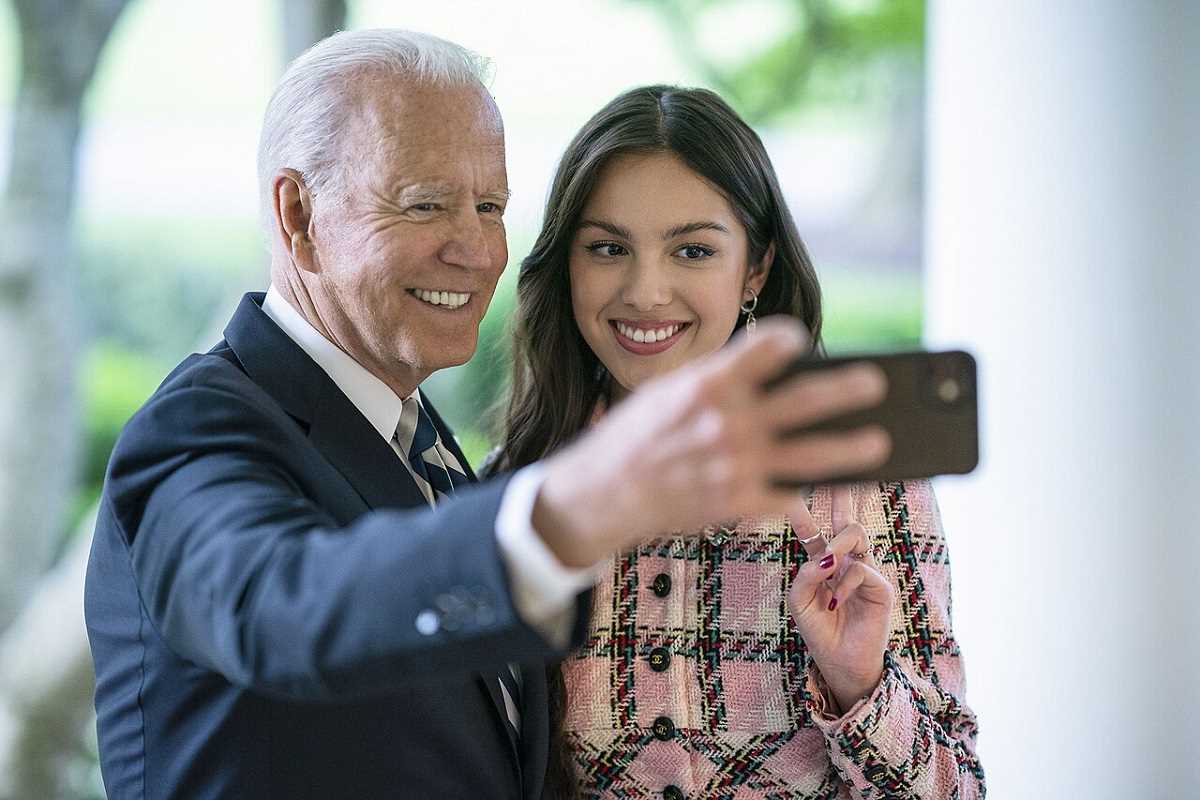 (Image via
(Image via